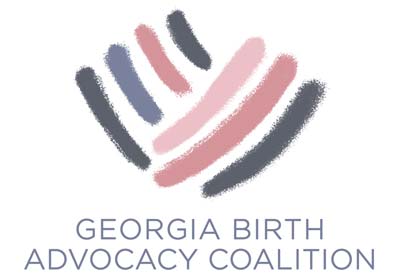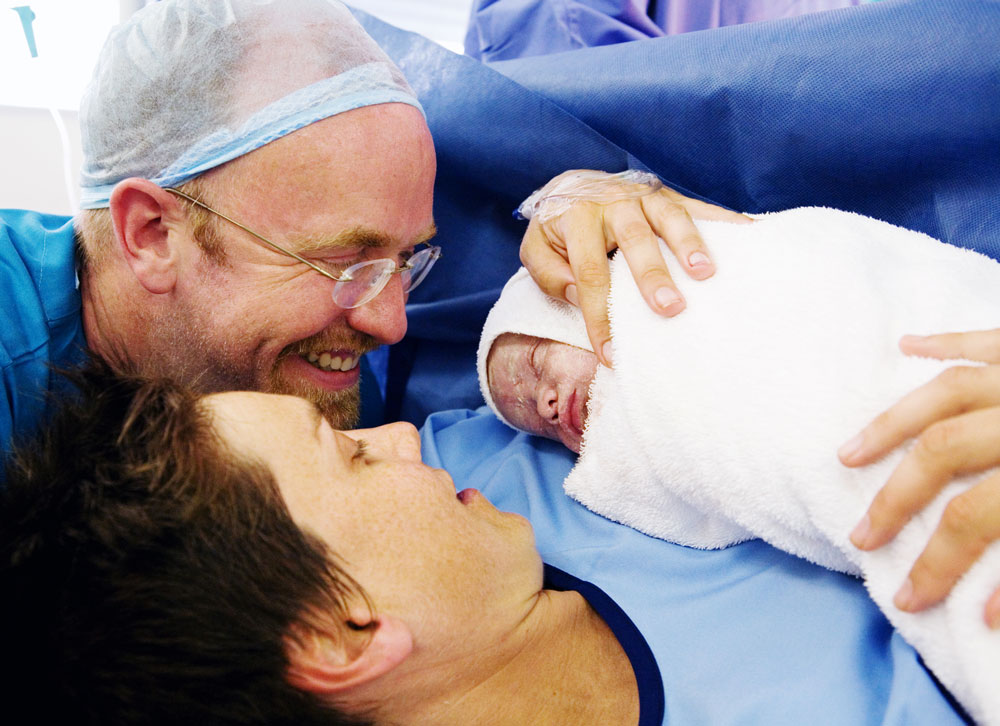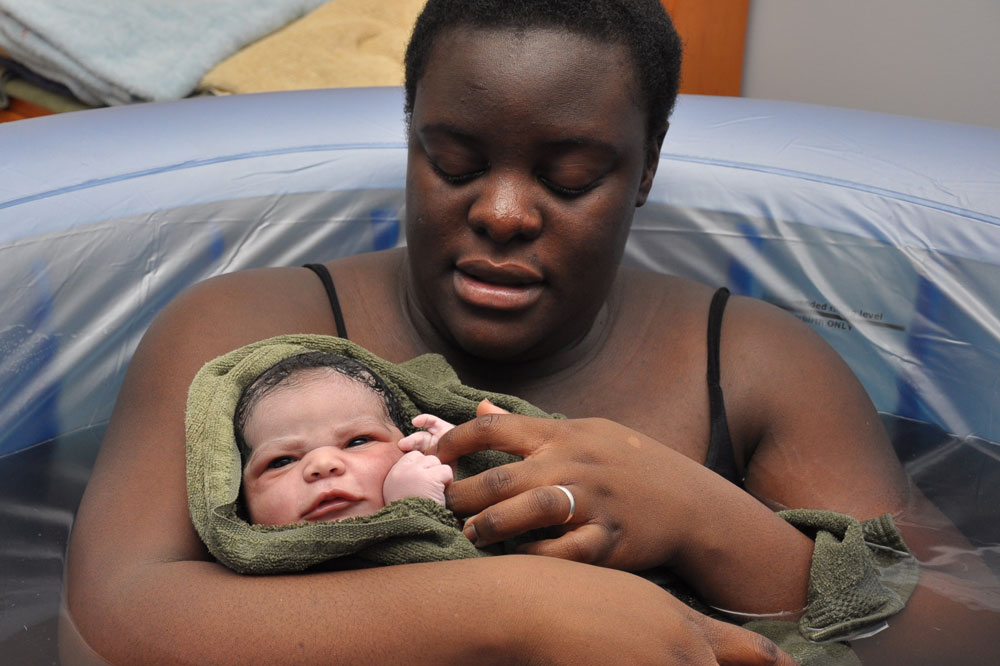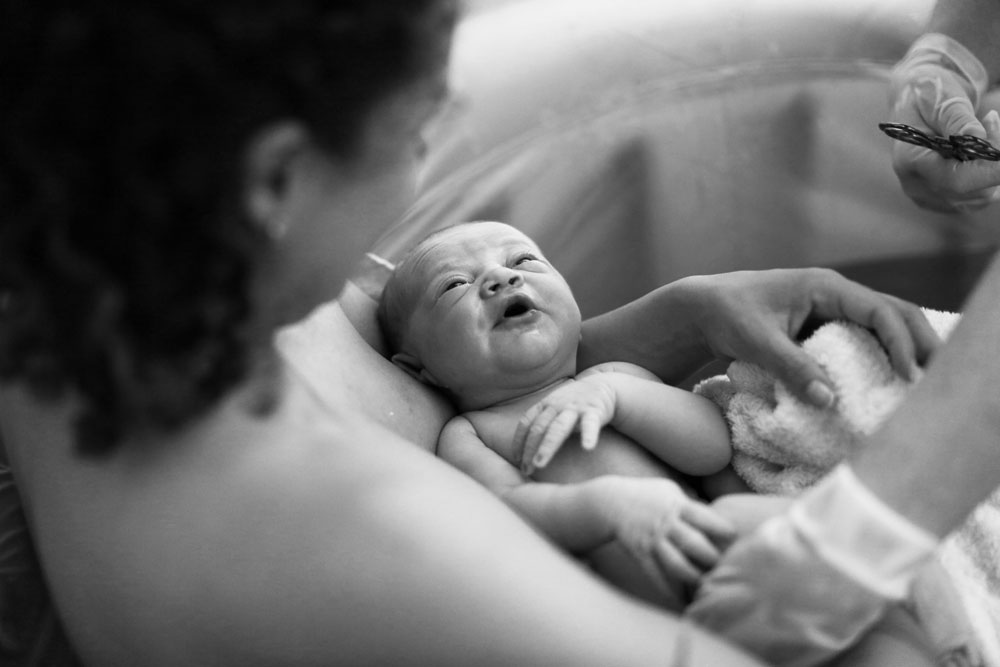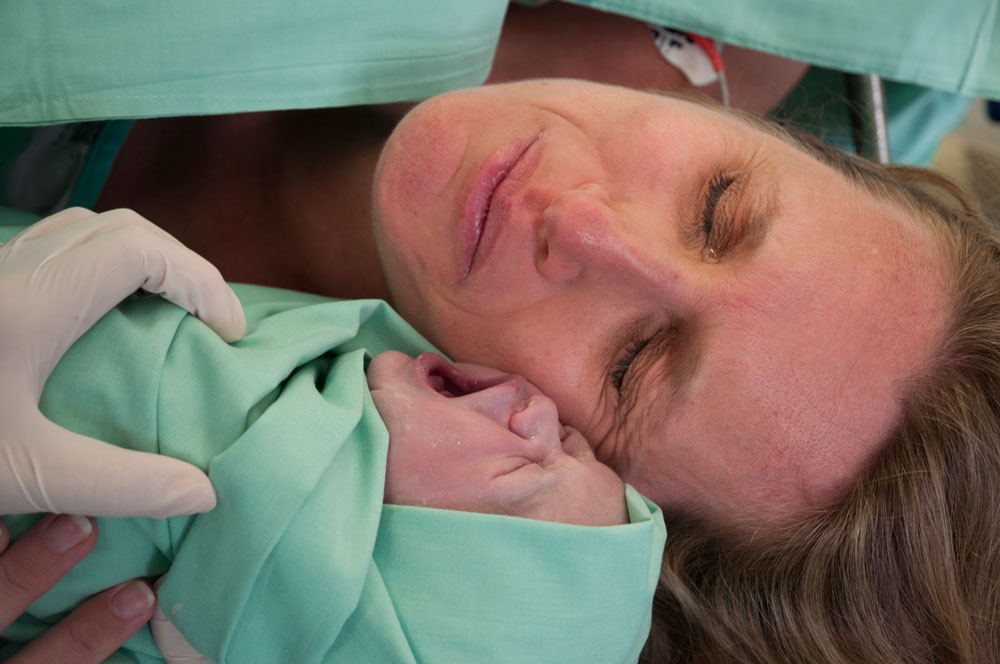Birth Options
Twelve percent of mothers say they were coerced into birth interventions to which they did not consent. Fifty-nine percent of mothers who have episiotomies say the procedure was performed without consent.
Getting pregnant does not change a fundamental fact: pregnant people are still autonomous human beings. Their values and needs matter. They still have a right to control what happens to their own body.
Yet many birthing people are told that giving birth removes their right to collaborate with their doctors, make decisions about their body, and reject care that is inconsistent with their values. The Listening to Mothers III survey found that between 8-23% of women felt pressured or coerced into medical interventions. Twelve percent of birthing people were forced into childbirth interventions to which they did not consent. Not only is this potentially traumatic. It’s also almost always illegal.
Activism for women’s rights has accomplished a lot. But the antiquated notion that laboring people aren’t fully human or rational persists. We also live in a culture that still refuses to believe women about their own experiences. So when women report stories of abuse during childbirth, people tend not to believe them.
A culture that does not listen to birthing people puts parents and babies in danger. Research consistently shows that women are offered and coerced into birth interventions that they don’t need and which are unsupported by the evidence. Hospitals may also fail to provide birthing people with interventions that improve outcomes, such as continuous support. Care providers are coercing women into interventions that increase costs without improving outcomes. And women’s voices are lost in the mix.
Many stories of people who died while giving birth feature women begging their doctors to listen to them. When we desensitize medical providers to the needs of birthing people, we endanger their lives. The refusal to grant women autonomy and respect a wide range of birth choices is directly linked to maternal mortality.
Too often, advocacy for more birth options is dismissed as a natural birth movement that’s anti-science and anti-medicine. Those who believe in more birth options, however, have science on their side. Our current system has constrained women’s choices and forced them into care they don’t want. The result is the highest maternal mortality rate in the developed world.
Misogyny plays a clear role in the refusal to listen to birthing people. Numerous investigations have found that doctors ignore women’s pain, take their symptoms less seriously, and dismiss their health concerns as psychological. The results are lethal. The refusal to listen is a key reason Georgia leads the nation in maternal mortality.
We believe that when doctors and other providers listen to women, healthcare outcomes improve. When they don’t, it erodes trust in medicine. Women whose doctors dismiss them may avoid medical care altogether, or refuse to seek help when they need it. This is why it’s critically important for doctors to support a wide range of birth options.
While birth options are important for the well-being of all families, it’s important to acknowledge that some people have more choices than others. Economic disadvantage and race are major predictors of birth outcomes. Women of color are significantly more likely to report abuse during childbirth. They’re also more likely to die of preventable complications and medical neglect. To learn more about discrimination in maternity care, click here.
There is no right way to give birth. There is always a right way to care for and support birthing people. Whether you seek a scheduled c-section, want a safe home birth with a skilled midwife, hope to get an epidural the moment you walk into the hospital, or just want to be certain that your birth is free of abuse and discrimination, we stand with you.
